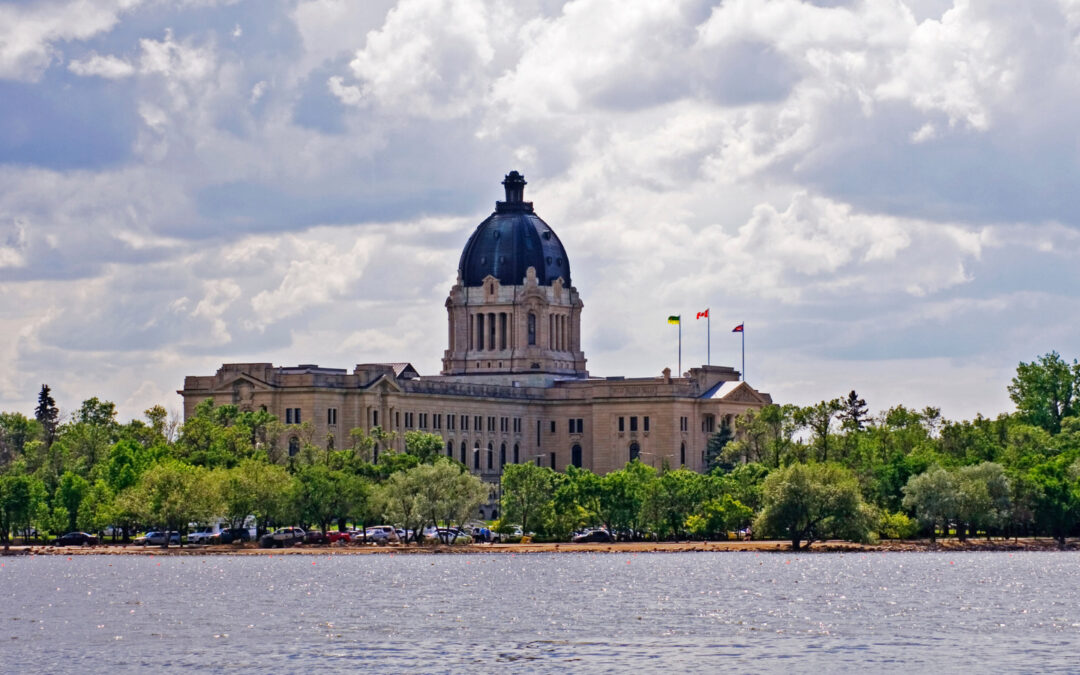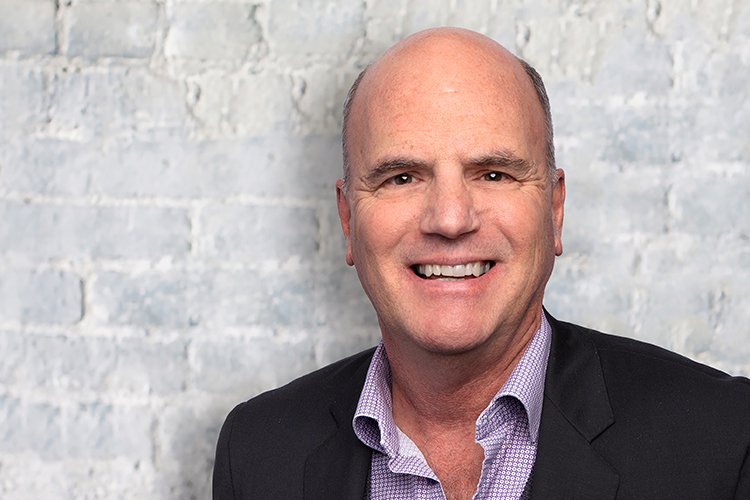The 2023/24 Saskatchewan budget, titled “Growth that Works for Everyone,” projects a $1 billion surplus, a $1 billion reduction in the provincial operating debt, and holds the line on any new taxes or tax increases.
“Saskatchewan is growing at its fastest pace in more than a century,” said Finance Minister Donna Harpauer in presenting the Saskatchewan Party government’s 16th Saskatchewan budget since forming government in 2007. “This budget is designed to ensure that growth continues and that it’s growth that works for everyone.”
The government claims that when taxes, utilities and housing costs are combined, Saskatchewan is the most affordable place to live in Canada for a family of four.
2023 Saskatchewan Budget Highlights:
$1 billion surplus: Represents a $1.4 billion improvement over last year’s Saskatchewan budget. The government will pay down up to $1 billion in operating debt this fiscal year, a move expected to save the province nearly $44 million per year in interest costs.
Revenue: $19.7 billion, up $2.5 billion (14.7%) from 2022-23. Non-renewable resource revenue is forecast to be $3.3 billion, up $435 million over last year’s budget, largely driven by solid potash and oil price expectations.
Expenses: $18.7 billion, up $1 billion (5.9%) from last year. The 2023/24 Saskatchewan budget includes a 6.7% increase for the Ministry of Health, and a matching 6.7% increase for the Ministry of Education. Other sectors and ministries targeted for increased program spending include advanced education, agriculture, highways, social services, policing, and transfers to municipalities.
Provincial debt: Gross provincial debt is budgeted to hit $30.9 billion, an increase of $300 million from 2022/23.
2023 economic forecast: Driven by strong commodity prices, job growth, increased private investment and a rebound in crop production from the 2021 drought, the budget cites private sector forecasts to predict Saskatchewan will achieve the second highest growth in Canada.
Addressing Key Issues:
Health care recruitment: This year’s Saskatchewan budget will see an increase of $98.8 million to recruit 250 full-time health care positions and expand part-time positions in rural and remote areas.
Mental health and addictions: The budget includes $518 million for mental health and addictions programs and services, up $12.4 million over last year. The government claims mental health and addictions funding now makes up 7.5 percent of overall health spending.
PST on construction: Despite opposition and industry calls for the government to reverse its 2017 budget decision to charge PST on construction projects, the Minister of Finance chose to make no change to this unpopular tax.
The next provincial election in Saskatchewan will be held in the Fall of 2024.
If you have questions about what this budget means for your sector, business, or association, please reach out to the Counsel Public Affairs team:


